As the school year wraps up, the usual things come home in my kids' backpacks - stubby pencils, forgotten jackets, artwork, end-of-year piles of papers. But one item startled me. It was a note assuming I was scared of summer:
"We have come to the time when parents start to worry about how they are going to keep their student's skills strong over the summer. Well, relief could be on the way!" Then the note went on to introduce summer tutoring available.
This note was in a kindergartener's backpack. It reminded me how wide-spread this concern is among parents. The fear that kids will forget what they learned in school during the summer months, the so-called "Summer Slide."
I'm afraid I take the opposite view. I'm not worried about kids' brains in the summer - a time when they can think their own thoughts, play their own games, and take a break from academics - I'm more worried about what they might be losing during the school year. Time to think. Time to explore. Time to find out who they are.
Play can Thrive Especially for kindergarteners, tutoring is not necessary. They can learn much more through play and exploring the world. It's not the Summer Slide I'm worried about, it's the "School Slide." School doesn't give enough time for young hearts to play.
Life is Time Schools teach many valuable lessons and skills, but school days are long and dominate the day. That's especially true if you add on bus rides, extended day programs and homework. School grabs most of a child's time. It's simple math. When school hours dominate, there's not much time for a child to do anything else. All humans need time to explore their own interests and ideas.
Reading Often Gets Stronger In families who read, reading skills grow stronger over the summer. Summer is a time when storytime can get longer, kids have plenty of time to read for pleasure, and libraries have robust reading programs. This is one area where income and family dynamics play an enormous difference. In about half the families, summer reading time boosts kids' vocabulary and reading level. In the other half, reading slides because there is no reading.
Learning is Not all about Recall When tutors and teachers talk about "summer slide," they typically use the statistic that kids are set back 2-3 months worth of instruction time. Math or science facts may certainly be rusty, but learning is not only about recall. Learning cycles through the brain, some things stick, some things don't, but sometimes the process of learning has been strengthened. The child's ability to do logical thinking has been enhanced even if they've forgotten the exact facts. A test does not necessarily tell "where" a child is and whether she/he has learned.
Kids' Ideas Matter The biggest difference between school-time and non-school-time is the space to explore kids' own ideas. For my kindergartener, that means flapping mud into the sandbox. For my 9-year-old, that means going to the park with a friend or creating his own board game from cereal box cardboard. The chance to explore what interests them matters. Kids have been told what to do for many months. Now they need the chance to share their own thoughts with the world.
It's Not all Important Heresy, perhaps. Not everything taught at school is important. New curriculum requirements ask teachers to present an array of material that may or may not be useful to kids. Some of it is never "learned." Some is not relevant. What may be important to one child is not important to the next. Our brains are very good at parsing out what's not important.
Of course, not every child has ideal summer days. Summer is a daycare scramble. In our family, we have a flock of summer sitters lined up. Some kids need extra help or structure in the summer. But still, wherever your child is, summer is a time to focus on life besides academics. It's a time to relax routines. For a child, it's a time to revel in the glorious business of discovering who they are.
I'd rather see a note come home on the last week of school that says: "Read stories to your child. Go outside. Have a wonderful summer and enjoy the world."
Do you worry more about what's being "lost" in the summer or in the school year? How can we bridge the gap between reading families and non-reading families? What do you think you learned during summers as a child?

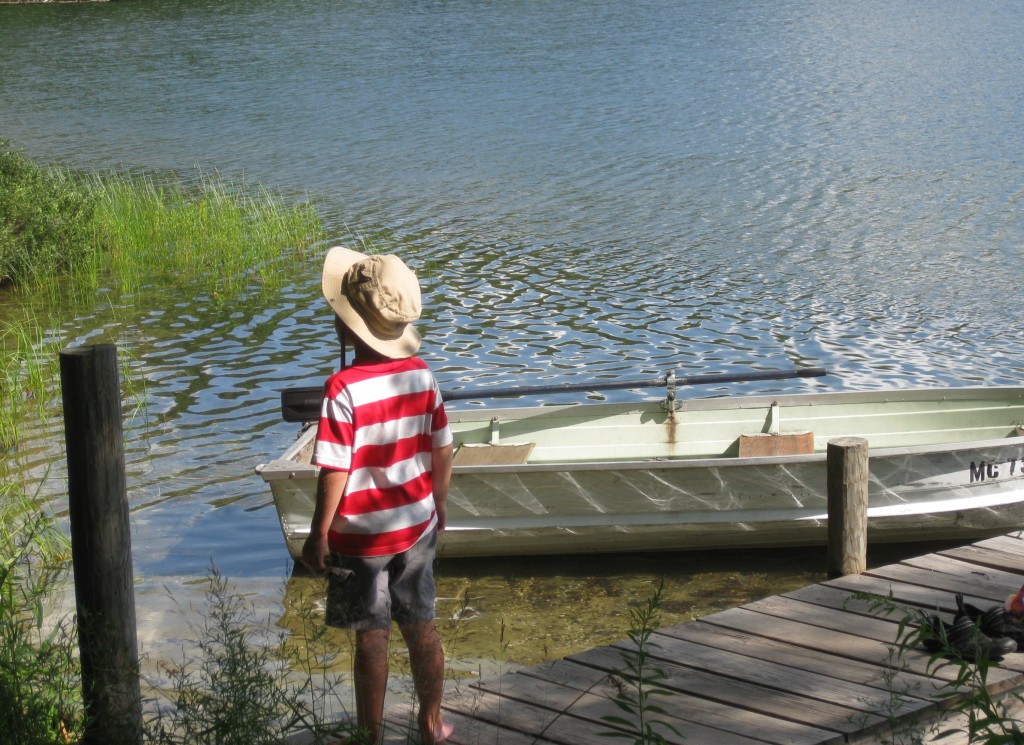
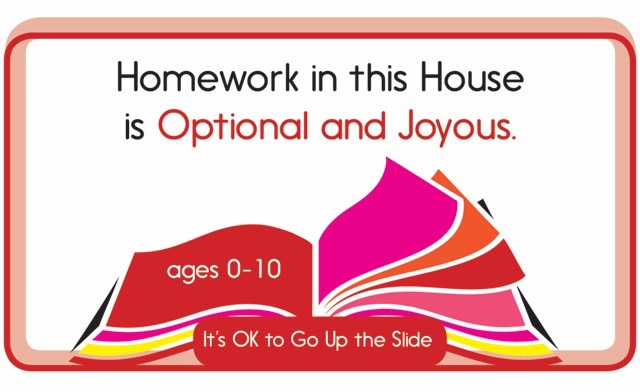
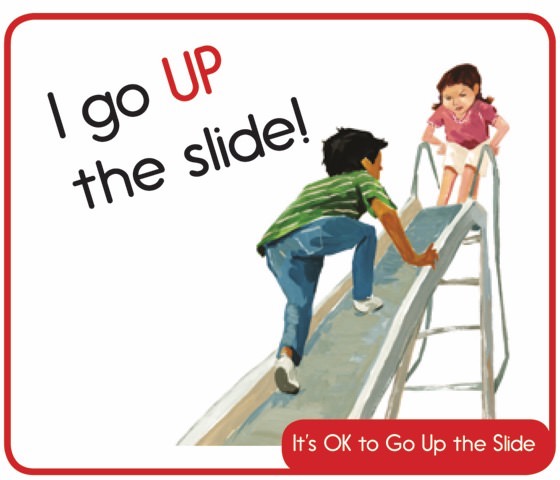
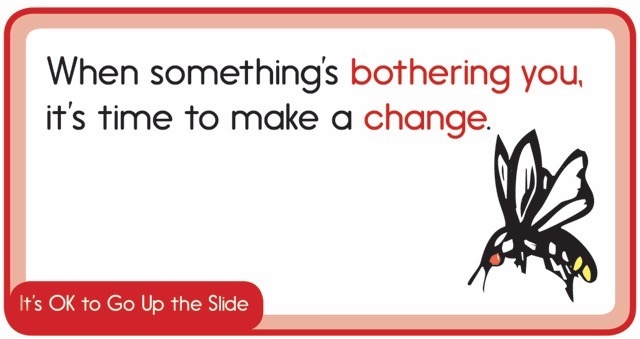
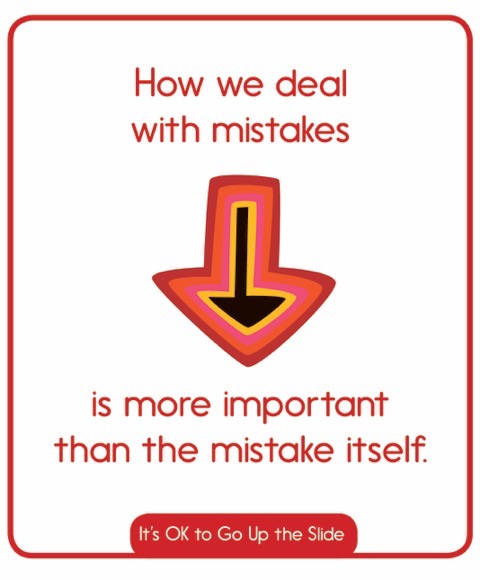
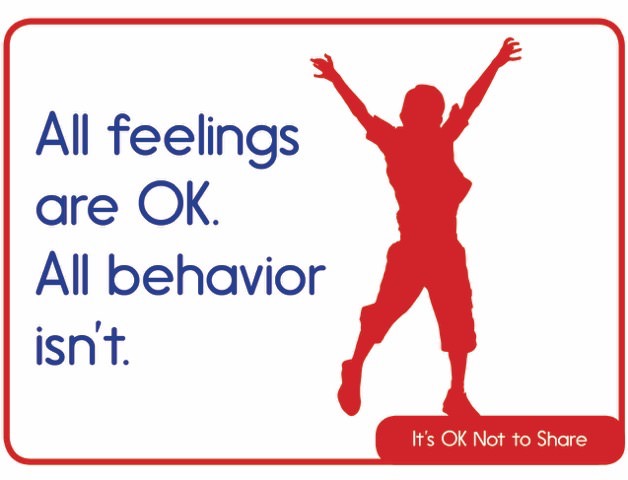
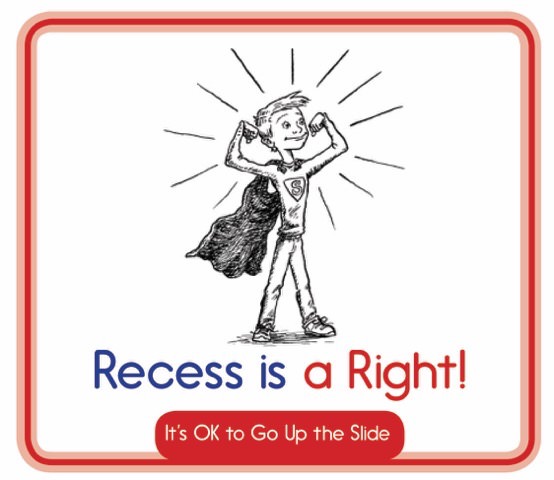
I loved your post!! We are just experiencing the first year at school with my oldest daughter and I was getting on that mood but your post just reminded me that summer is about life and fun. I really loved it!! Thanks for reminding us how much our children learn from playing and exploring the world around them.
You're welcome. Have a wonderful, wonderful summer, Erika.
I agree with everything you wrote, Heather. One of my strongest recurring end of school year memories is all the plans I was making to "do stuff" during the summer. Nothing related to school usually. Mostly games I wanted to play, places in town I wanted to explore, what my friends and I would do with our days, going to the beach, playing baseball or softball, going to the local park and doing all the activities the "park leaders" would facilitate.
Perhaps most important, the chance to run, jump, climb, get caught in the rain, do "nothing" and come home at the end of the day dirty, sweaty, tired, but glad it was only one day out of about 90. So I guess what I learned during summer was how to be a kid.
I don't worry about anything being lost during the school year because the act of learning in a certain genre is what's really taught. By genre I mean- music is an aural language and playing music or singing teaches us to use that part of our brain which requires us to use our hearing to analyze, adjust, synchronize with other musicians. Math is a numerical language that teaches us to use the calculator part of our brain. Reading is a visual language that teaches us to develop our word and thought forming skills. Visual Art is a tactile, sensual language that teaches us how to create or reproduce shapes, colors, three-dimensional objects and better understand what makes an object pleasant to look at or touch.
When I was in band all through school, I rarely remembered any pieces we performed or practiced that year. But the next year I had improved and was able to play successively more difficult music because I had gone through the process of developing my skills one piece at a time, one note at a time. It's the doing part of the learning that's most important, not the retention part of the learning. Retention comes after the doing.
Chris
Thanks for sharing your memories, Chris. Love your phrase "it's the doing part of learning that's most important."
Thank you for this post! I'm so sick of hearing about the "summer slide" in the media I want to scream! As a preschool teacher for the last 12 years, every year I seem to see more and more 3-5 year olds who don't have the chance to just explore, dream and, yes, learn during the summer. And they are, in my opinion, suffering because of it. My children are grown now, but I was very blessed to be able to let them have their summers to "think their own thoughts, play their own games, and take a break from academics." They were able to do things and explore things during the summer that they didn't have the opportunity to during the school year. My oldest, my daughter, in now in a very competitive graduate program studying Physical Therapy. My youngest, my son, will be a junior in college this fall, and plans to continue on in grad school in Audiology. Did they suffer "summer slide" during their summers "off"? Absolutely NOT! They have become well-rounded adults because they were able to do all that you talk about in your post. Very sorry for the long post, but I wanted young parents to know that it IS OK!
Thanks for your encouragement to all parents raising kids out there. Fear and worry can get out of hand. Many thanks for adding your voice.
Your new slogan:
It's okay to play.
I want to wear a t-shirt and shout it from the rooftops!
You print the shirts and I'll get a ladder!